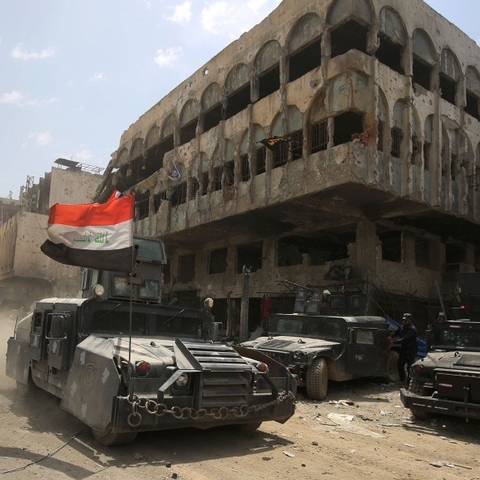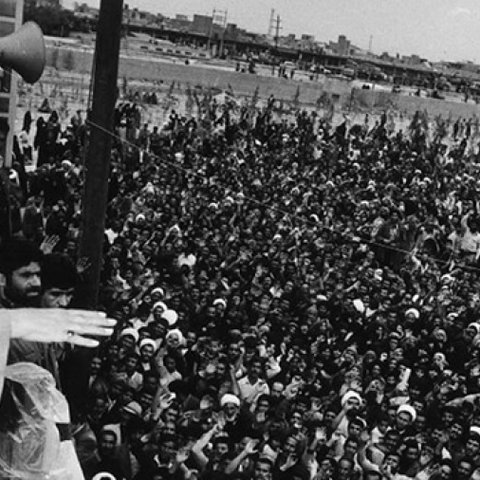Against the Tides of History: The Sublime Politics of Salameh Kaileh
Abstract
This paper is a political portrait of Salameh Kaileh (1955-2018), a Palestinian Marxist thinker and internationalist whose writing and activity represent a rather anomalous mixture of a fidelity to and disenchantment with the Arab communist movement. Kaileh urged the embrace of an Arab internationalism; the innovation of old communist organizational forms; the reappraisal of Arab communist history; and the criticism of Marxism, which he argued “is commanded from within.” As a political agitator, Kaileh remained at arms length from political movements across the region. His lifelong vision was to forge a transnational Arab left-wing front that could unify and direct the means of production in each country towards the egalitarian development of the entire region. To shed light on the main elements of Kaileh’s political-intellectual commitments, this paper will examine his criticisms of Marxist dogmatism, traditional communist party formations, and the tenets of the so-called ‘anti-imperialist’ camp in the context of the Syrian uprising. It will also trace his political life history, in particular his experiences as a feda'i in Iraq as a cadre of Al-Jarmaq, a Marxist student brigade of Fatah (c. 1970-80); an unofficial member of the Communist Labor Party of Syria (c. 1980-2000); an anti-globalization activist in Syria (2000); and a revered figure of the Syrian uprising as a founder of the Syrian Left Coalition and a mentor to young communists of the Syrian Revolutionary Youth (2011).
Abstract............................................................................................................ 1
I. Political Formation....................................................................................... 1
II. Recasting Marxism...................................................................................... 6
III. The Global Descent.................................................................................... 9
IV. In the Case of Syria.................................................................................. 12
V. Conclusion................................................................................................ 16



